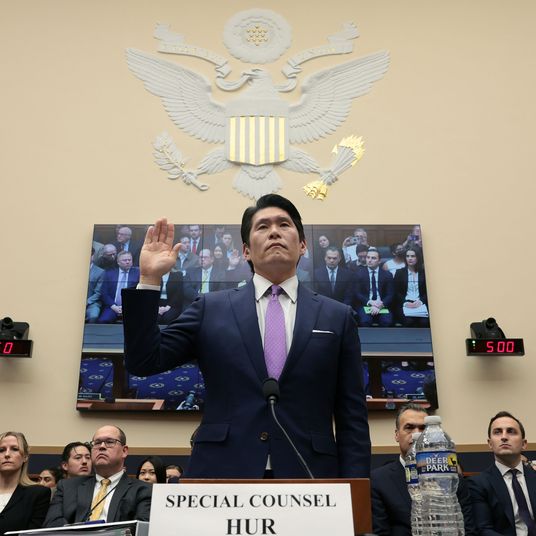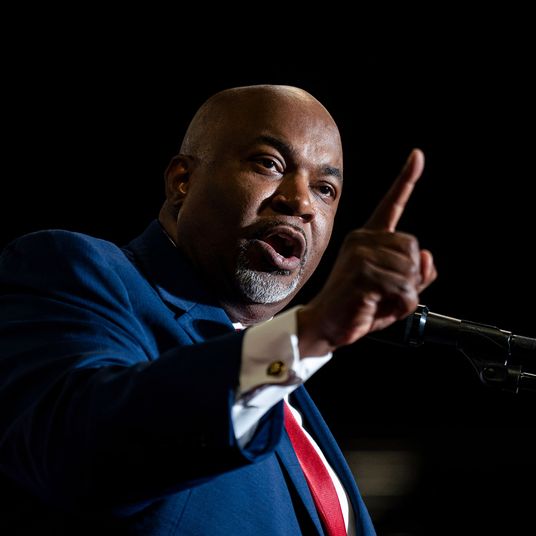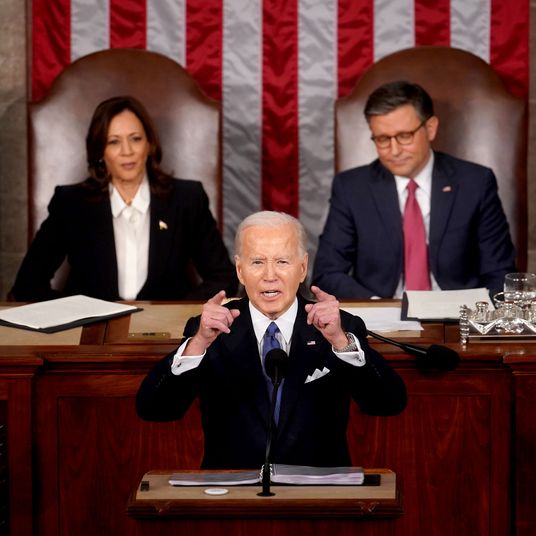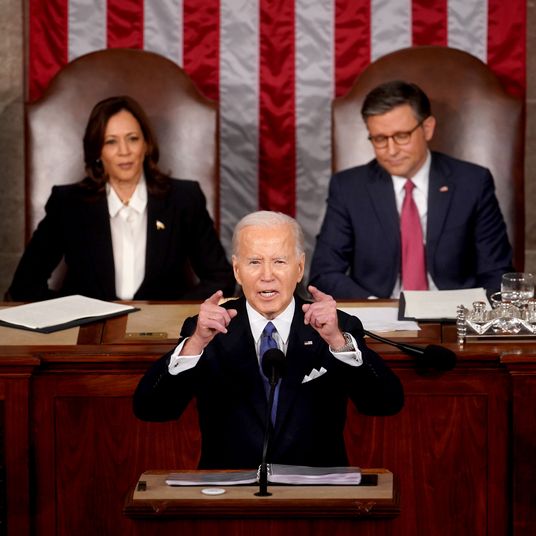The status quo in the constitutional law of defamation was set in 1964 when the U.S. Supreme Court slammed the door on a wave of lawsuits from southern segregationists aimed at reducing coverage of, and sympathy for, the civil-rights movement in the South. A similar wave of conservative lawsuits could soon emerge if ongoing efforts by leading Republican politicians (including the two front-runners for the 2024 GOP presidential nomination) to relax the tough standards for winning such cases succeed.
The target of a grievance shared by Donald Trump and Ron DeSantis is New York Times v. Sullivan, which established that public figures alleging defamation (either written libel or spoken slander) must show they were falsely and maliciously accused of something that unjustly damaged their reputations. Showing that the allegedly defamatory statements were true was held to provide an absolute defense to the suits. But the requirement that accidental or withdrawn criticisms of politicians would generally be protected “absent malice” discouraged a lot of litigation from powerful and/or wealthy interests hoping to shut down negative media exposure.
Conservative complaints about “liberal media bias” have been a regular feature of American politics throughout the post-Sullivan era, beginning with former President Dwight D. Eisenhower’s attack on the “sensation-seeking columnists and commentators…who couldn’t care less about the good of our party” at the GOP’s national convention not long after the decision came down. But the idea of curbing the “bias” of journalists and media companies by suing the pants off them has been a recent preoccupation, in no small part because Trump (long adept at aggressive litigation aimed at business rivals and women who accused him of sexual misconduct) promoted that strategy, saying in 2016: “I’m going to open up our libel laws so when they write purposely negative and horrible and false articles, we can sue them and win lots of money.”
For a while it looked like private legal challenges to Sullivan might succeed, particularly when former vice presidential nominee Sarah Palin sued the original defendants the New York Times for libeling her by suggesting that an ad she authorized contributed to the shooting of then-congresswoman Gabby Giffords. (The Times quickly repudiated the suggestion after some initial criticism). That could still happen, since Palin appealed a trial judge’s ruling she had no case under Sullivan (she also lost a jury decision). And Palin’s powerful protege Trump is still at it in court, suing CNN for on-air comparisons of the 45th president to Hitler. But impatient conservatives are now focused on chipping away at media protections through state defamation laws, and perhaps also creating the kind of direct state challenge to Sullivan that led the current SCOTUS to overturn the equally hallowed precedent of Roe v. Wade.
In this fresh effort to expose media folk to potentially ruinous–and unquestionably intimidating–litigation, Ron DeSantis and his Florida Republican allies have been conspicuous, as (unsurprisingly) the Times has observed:
When Gov. Ron DeSantis of Florida convened a round-table discussion about the news media this week, he spared no effort to play the part, perching at a faux anchor’s desk in front of a wall of video screens while firing questions to his guests like a seasoned cable TV host. But the panel’s message was as notable as its slick presentation: Over the course of an hour, Mr. DeSantis and his guests laid out a detailed case for revisiting a landmark Supreme Court decision protecting the press from defamation lawsuits. …
Mr. DeSantis accused the press of using Sullivan as a shield to intentionally “smear” politicians and said the precedent discouraged people from running for office. Would the current Supreme Court, he asked the panelists, be “receptive” to revisiting the case?
It wouldn’t be hard in Republican-controlled Florida to enact a state defamation law triggering review of Sullivan much as a Mississippi abortion law led to the demise of Roe. And one of DeSantis’s allies in the Florida legislature has introduced legislation that looks sufficient to get the job done, as the Tampa Bay Times reports:
Last year, the governor’s office floated a proposal to lawmakers that would have made it easier in Florida to sue news organizations for defamation. … Rep. Alex Andrade [has introduced a bill that] goes further in its disruption of Florida media law. The bill would limit who is considered a public figure for the purposes of defamation suits and could make it more difficult for media outlets to use anonymous sources. The bill could also have a chilling effect on news outlets reporting about people accused of discriminating against others on the basis of race, sexuality or gender identity, legal experts say.
This last provision, which might well have helped the original segregationist litigants in the Sullivan case, treats allegations of discrimination as inherently defamatory, relieving the alleged bigot of any obligation to show injury.
If the law or something very much like it is enacted, will SCOTUS take the bait and knock down Sullivan? Nobody knows, though two of the Court’s conservative justices. Clarence Thomas and Neil Gorsuch, have publicly expressed misgivings about the precedent. But as New York’s Andrew Rice observed last year, conservatives itching to take down “liberal media” via defamation suits might want to consider the legal attacks on conservative media for spreading Trump’s disinformation about the 2020 elections. Sauce for the goose, sauce for the gander.
In the meantime, of course, there’s no political downside for Trump, DeSantis, and other Republicans to “own the libs” and thrill the MAGA base by threatening hostile and even neutral media with nuisance lawsuits and other thuggish behavior. It’s totally on brand.


























